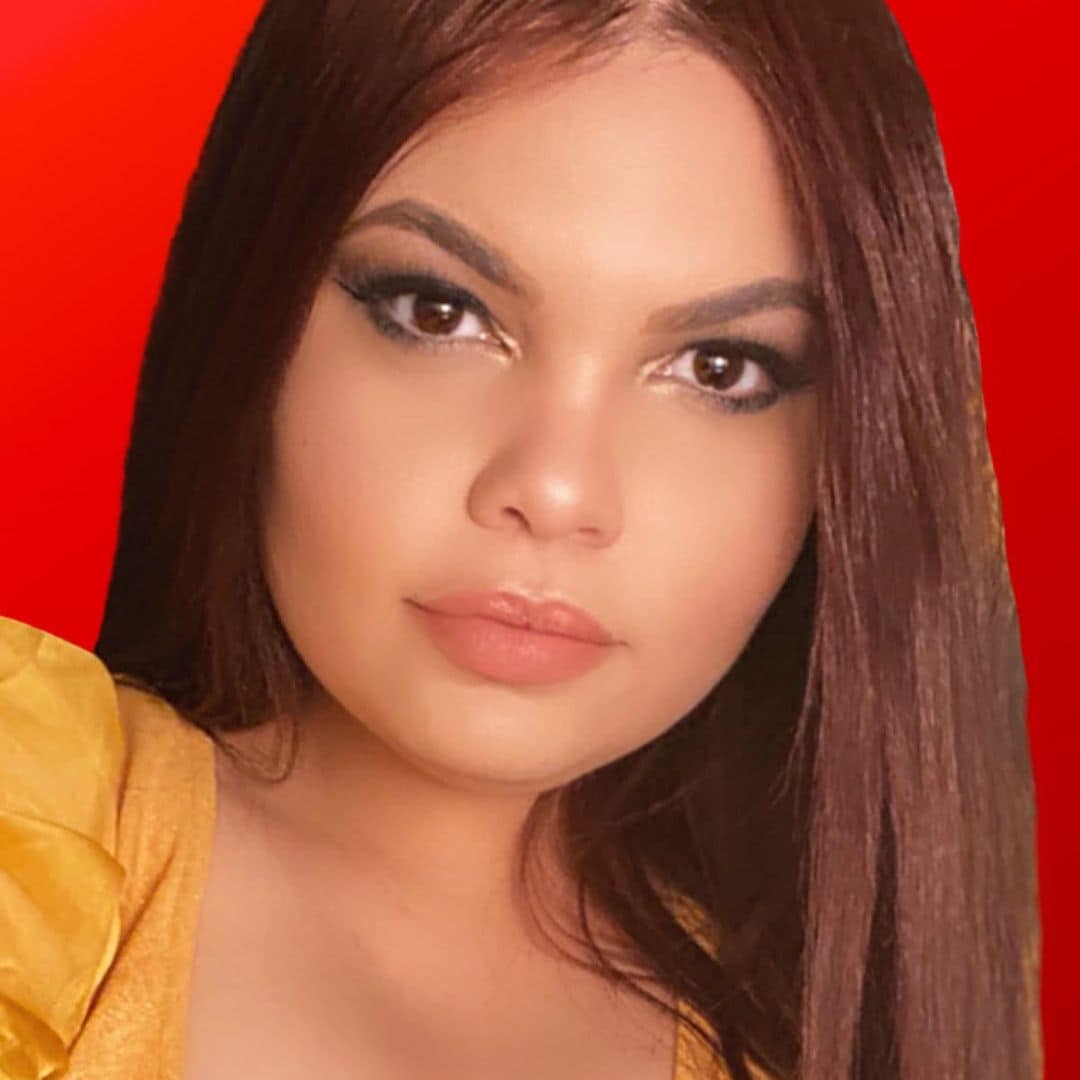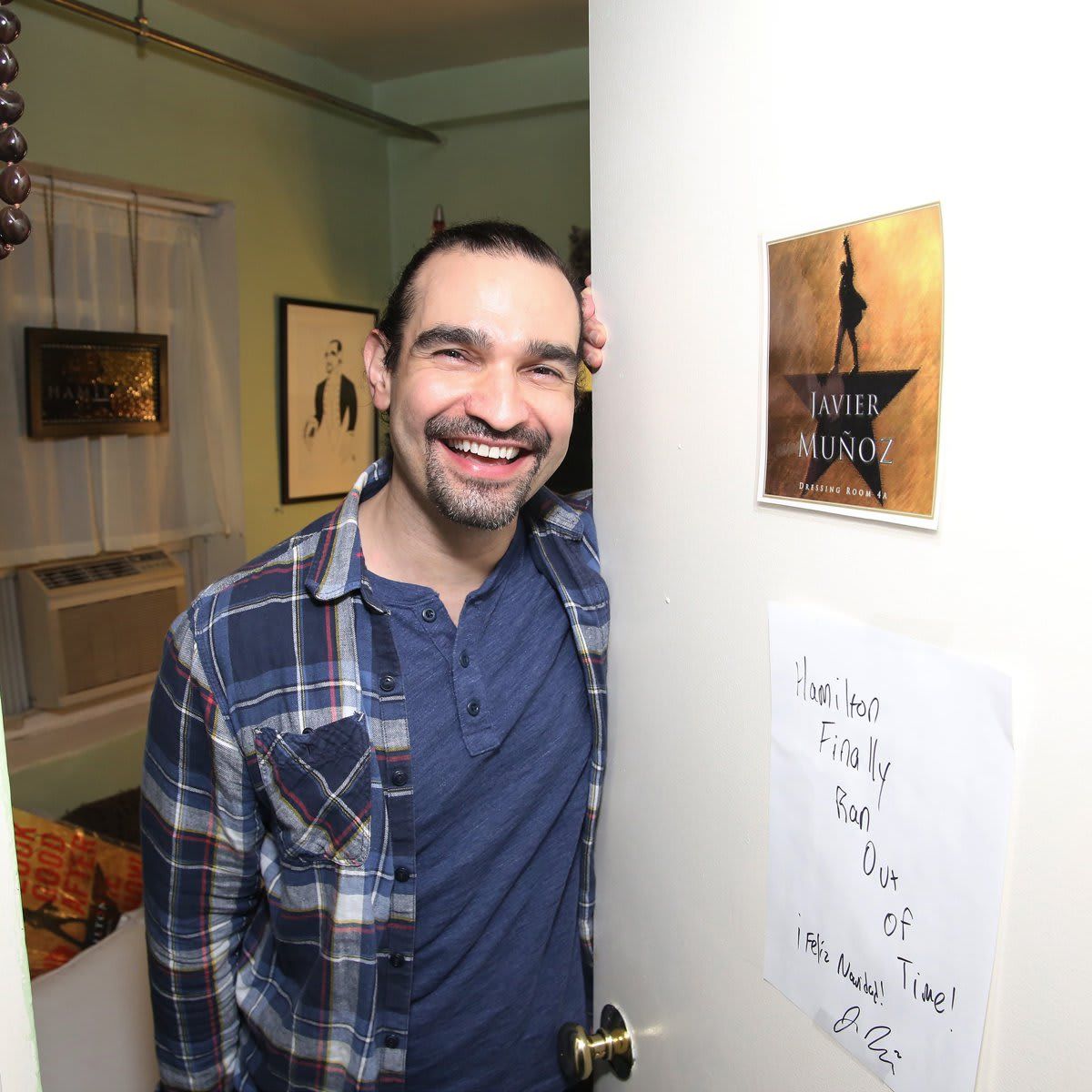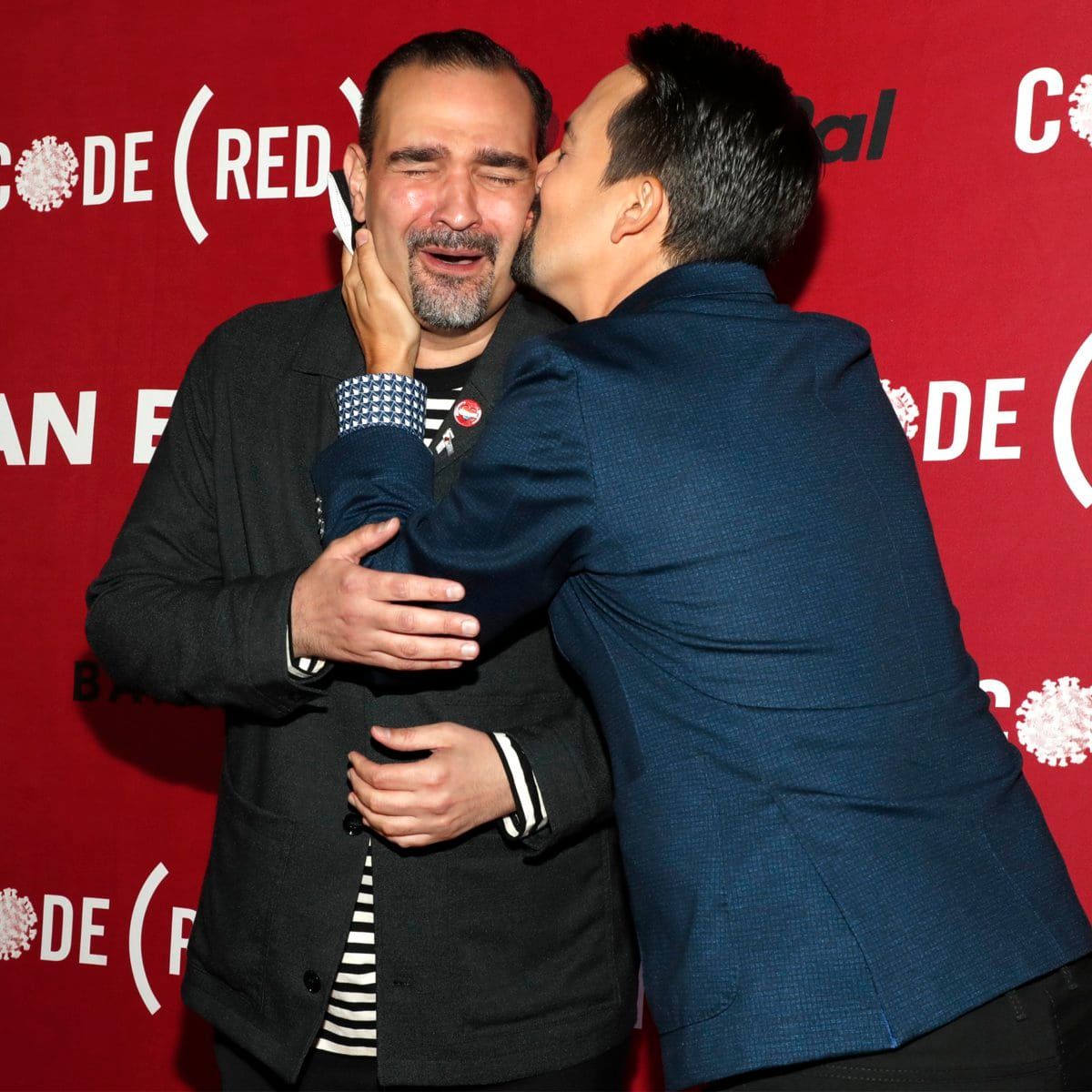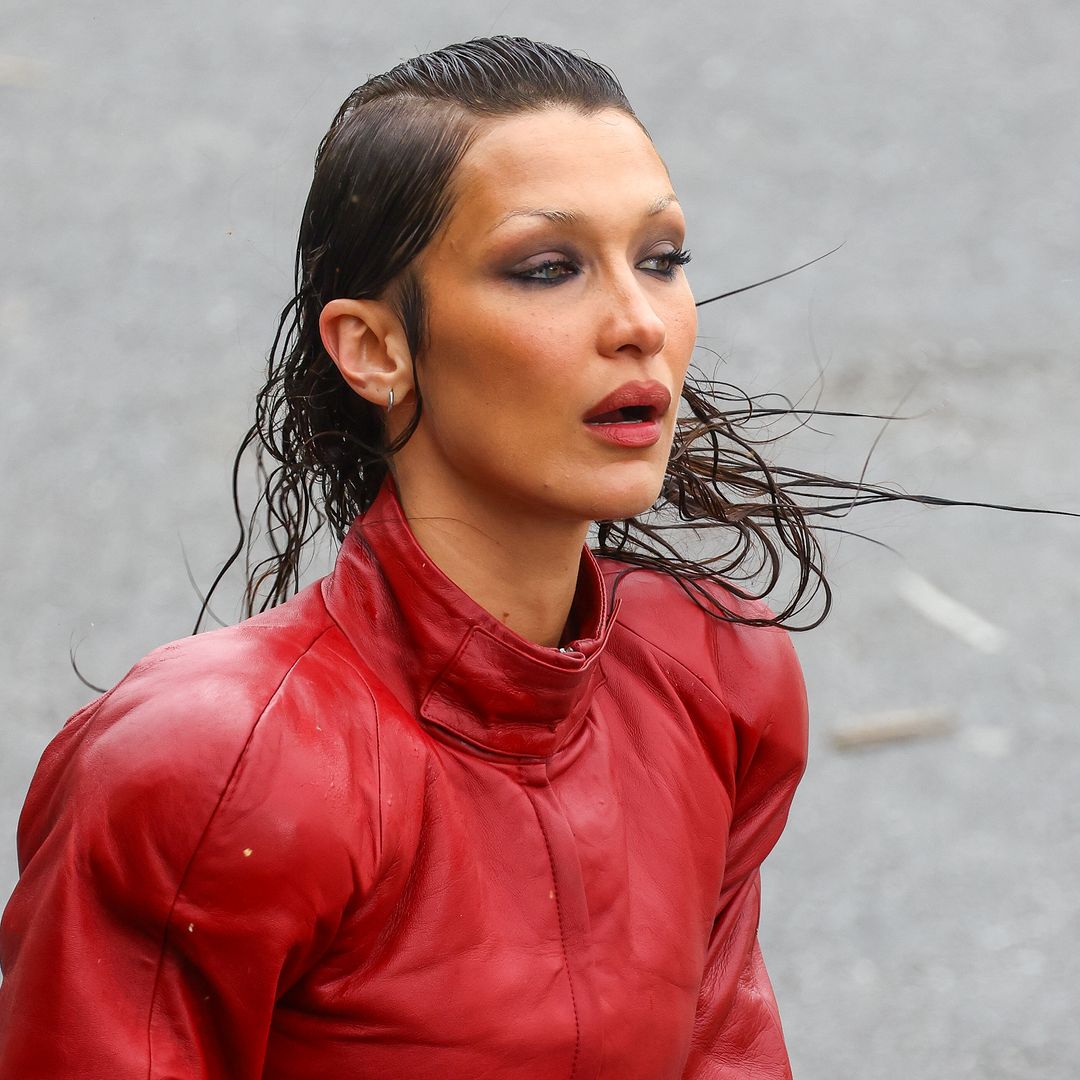Javier Muñoz is known for starring in the Broadway shows In the Heights and Hamilton; however, most people don’t know that the actor is an immunocompromised person, and working and living during the COVID-19 pandemic has been a challenging time.
In a recent interview, the actor opened up about how fearful he was when the world went into lockdown in March 2020. “This isn’t just lip service. I feel so grateful to be alive, so grateful to be here. So grateful that the people I love are still here and able to do what we do,” he told People.
Despite de fear and the extra measures he has to take, Muñoz is happy to be back at the theater where he played Alexander Hamilton. “[It feels] like coming home,” the actor told the publication.
“I did not leave my apartment for three months. And that’s not an exaggeration,” he reveals, referring to the time Broadway closed its doors and turned off its lights. “I never left the apartment; I was literally in terror about any possible exposure because I’m immunocompromised. I’m HIV positive. And a cancer survivor,” he adds. “This is not... there was no chance to be taken.”
After months without stepping outside, the actor and singer say that walking out of his place for the first time was an emotional moment. “I remember the first, literally the first day that I dared to leave the apartment, go across the street to the park and sit on a rock,” he recalls. “I just bawled my eyes out, just because of how good the sunshine felt. So that‘s really how it felt at the start.”
“It‘s not an exaggeration; anyone who is immunocompromised, living through this pandemic, had to be the most careful in every single way,” he affirms. “It really is about being so careful. And it’s why it‘s so important to care about masking [and] taking care of yourself because you don’t know who‘s around you. And what they are living with. Not every illness is seen.”
Muñoz and Lin-Manuel Miranda recently supported the Call a Code (RED) on the COVID-19 campaign kickoff. The project promotes “equitable access to COVID testing, treatment, and vaccines in the world‘s poorest countries,” as reported by People.
,type=downsize)



![Justin Bieber ignites concerns amid 'anger issues': 'There’s no one protecting him' [Report]](https://www.hola.com/us/horizon/square/1096582a12fd-new-york-new-york-justin-bieber-is-seen-on-the-upper-east-side-on-january-31-202.jpg)


